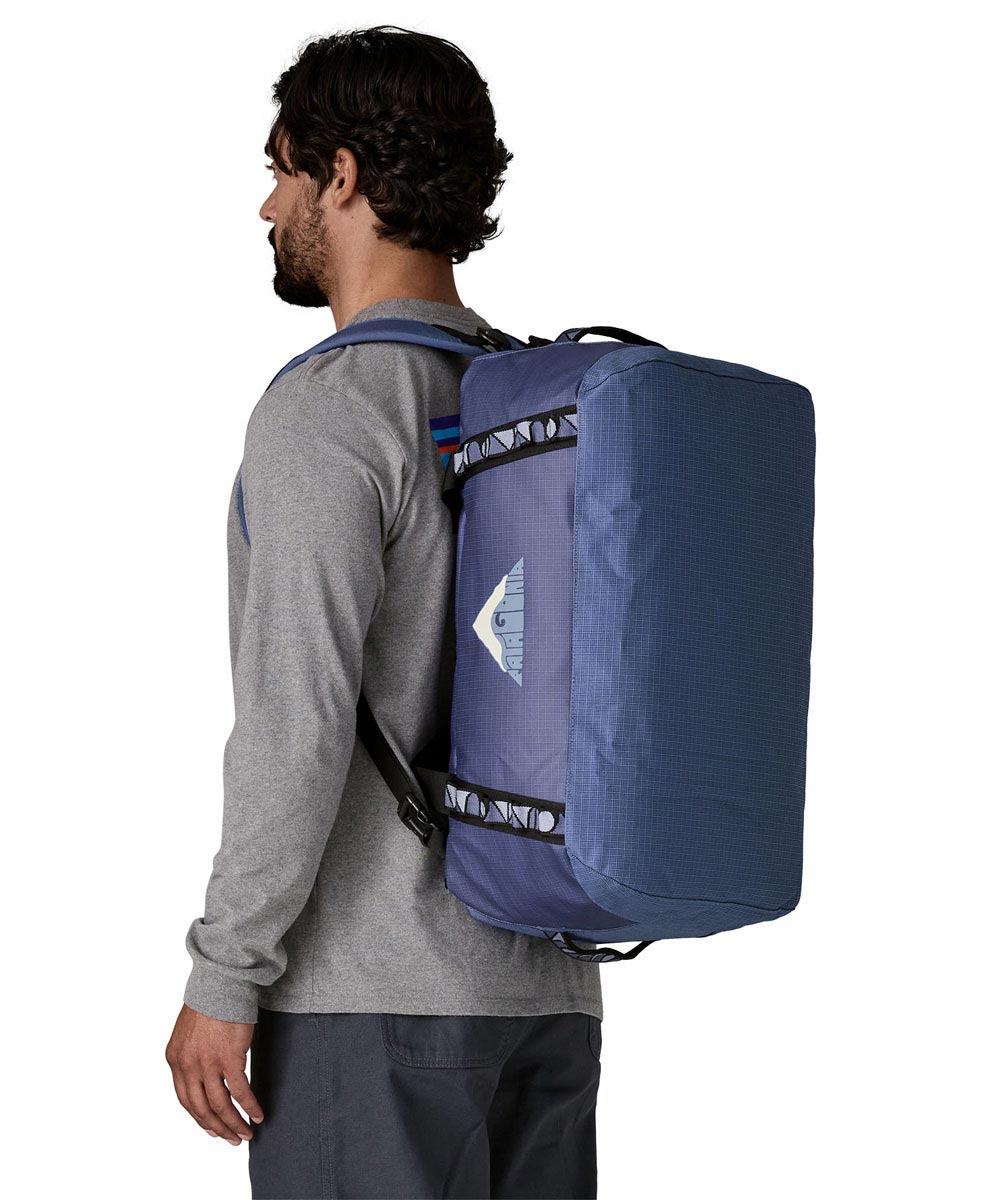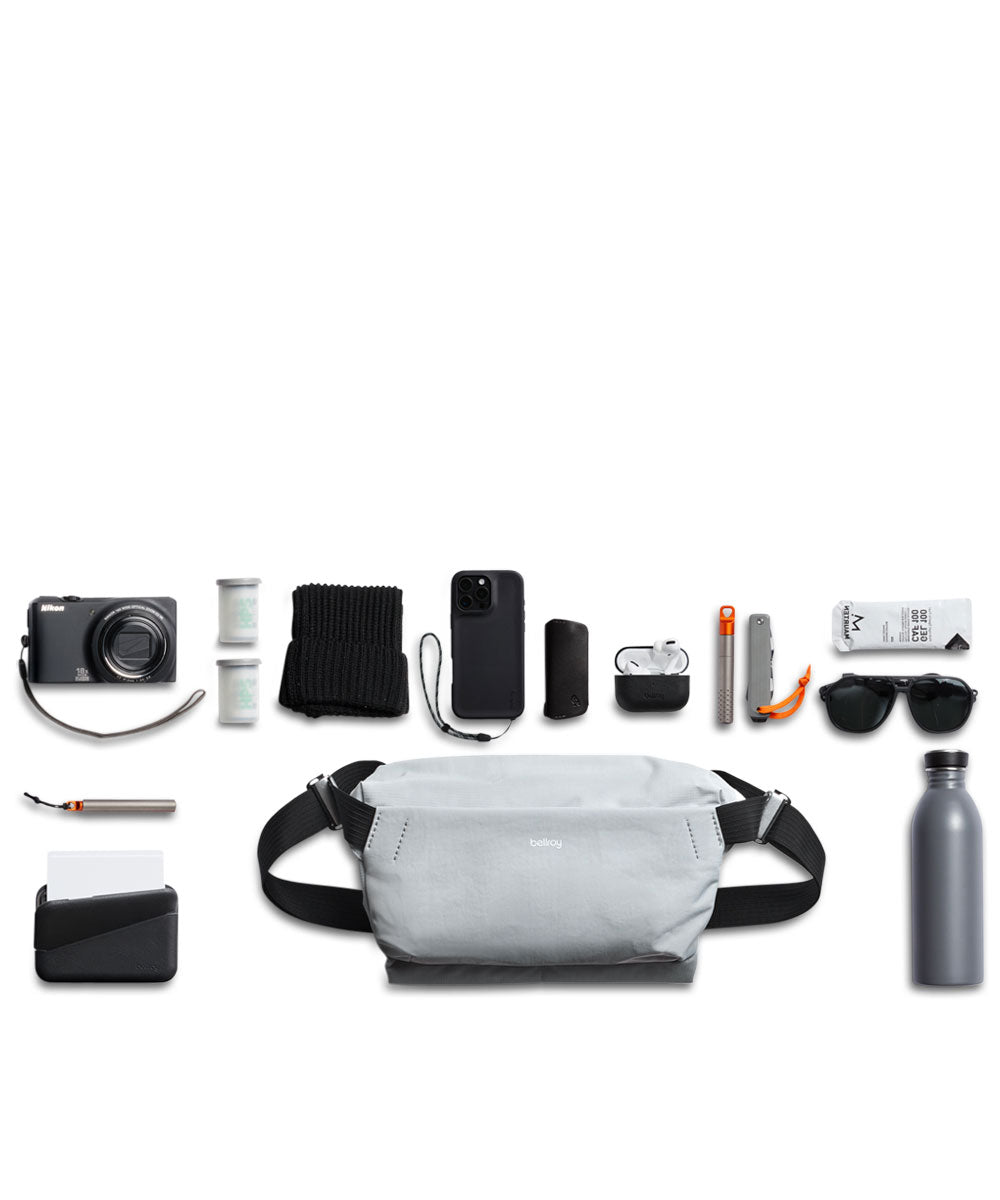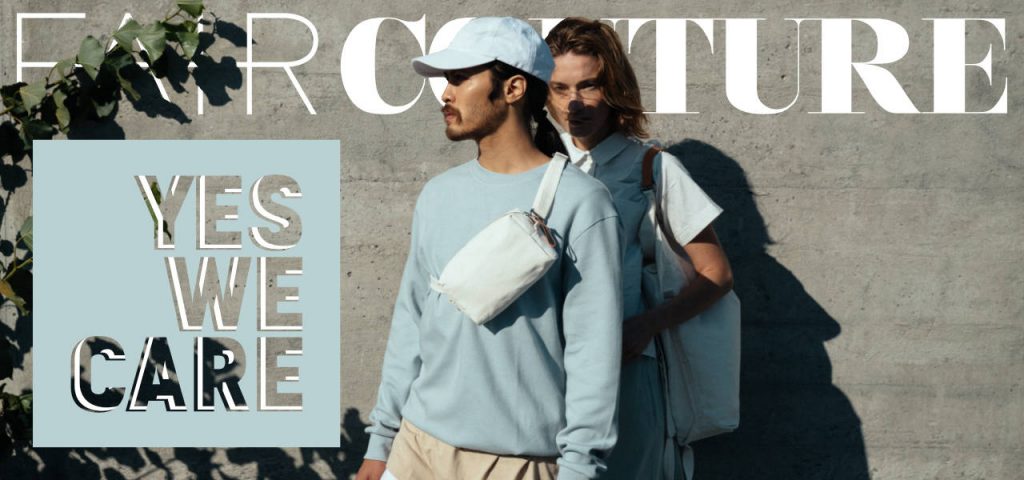Fair fashion always starts with the raw materials. Fair fashion only uses sustainable materials for production. The materials come from natural fibers or have been recycled. Care is taken to select high-quality materials of very good quality. The raw materials come from organic farming or animal husbandry and no toxic chemicals are used to produce the materials. The focus when selecting materials is different for every fair fashion brand. Some brands use purely vegan materials, others use recycled materials from animal sources. But the goal of all fair fashion companies is to produce as environmentally friendly as possible .
-
Organic cotton : Cotton cultivation is itself a very resource-intensive process with high water consumption, pesticides and genetic engineering. Conventional farming is dangerous for the environment and the people involved in production. In contrast to conventional cotton, no pesticides or fertilizers are used for organic cotton. In addition, water consumption is lower and no genetically modified plants are used for organic cotton. The material is used in all areas of fair fashion, for clothing and bags . backpacks and shoes.
- Linen : For fair fashion, the linen fiber is produced from the stems of the flax plant under controlled organic cultivation. Flax requires less water than cotton and hardly any fertilizer or pesticides. The fiber is therefore very environmentally friendly. However, harvesting flax is very labor intensive. As a plant-based fiber, linen can be recycled. The material can be spun very finely and is used for clothing, bags and backpacks. Linen is very breathable, robust and tear-resistant. It also has a moisture-regulating effect.
-
Lyocell : Derived from the cellulose of eucalyptus wood, which comes from sustainably managed forests and plantations. The material is smooth, pleasantly firm and cools the skin. It absorbs moisture very well. Lyocell is also known as Tencel and is primarily used as a fiber for clothing. It is a more environmentally friendly alternative to conventional viscose as less water is required for production and more than 97% of the solvent used can be recovered.
-
Modal : Made from natural cellulose. Cellulose is obtained from renewable, sustainably grown beech wood in a chemical process and then further processed into modal. The fiber is completely biodegradable, durable and long-lasting. It is also often called vegan silk and is primarily used for vegan clothing.
-
Hemp: Hemp fibers are obtained from the very old and well-known crop hemp. Hemp fibers can be produced inexpensively, resource-efficiently, with little water consumption and without the use of pesticides. They are also antimicrobial. Backpacks, bags and various clothing items can be purchased from hemp.
-
Recycled polyester : This material is created by melting existing conventional plastic such as PET bottles. It is spun into a new polyester fiber and has the same properties as the original material. However, the recycling process can save waste, energy and CO2 emissions. Recycled polyester is used in the fashion sector primarily for bags, backpacks and functional clothing. The Got Bag brand produces its sustainable backpacks from 100% recycled marine plastic, property of backpacks are made from recycled PET bottles.
-
SEACELL™ : An innovative material made from Icelandic seaweed. The fibers are obtained from sea algae and incorporated into cellulose. The algae are harvested carefully. dried and ground into a fine powder. The algae powder is then added to a cellulose mass. The high-tech material is very soft, has skin-care properties and is primarily used for clothing.
-
Bananatex : Is the first waterproof material produced exclusively from banana fibers. The innovative material was developed based on banana hemp and is grown in sustainable forestry in the Philippines. It is very robust and has a better environmental balance than organic cotton. The material was developed by the sustainable fashion brand Qwstion and is used in their bags and backpacks.
- Cork: Is obtained from the bark of the cork oak and has a very positive environmental impact. It is a renewable raw material and easily recyclable. Cork products can be produced with almost no waste. The cork oak is the only tree in the world whose bark can be easily peeled from the trunk and the tree is not damaged. The cork oak also needs very little water and binds more CO2 than other tree species. Cork is primarily used for fair fashion bags, shoes and accessories. For example, the UlStO brand uses cork for sustainable bags.
In the Fair Couture online shop you will find a large selection of fair fashion brands that work with high-quality and sustainable materials.





